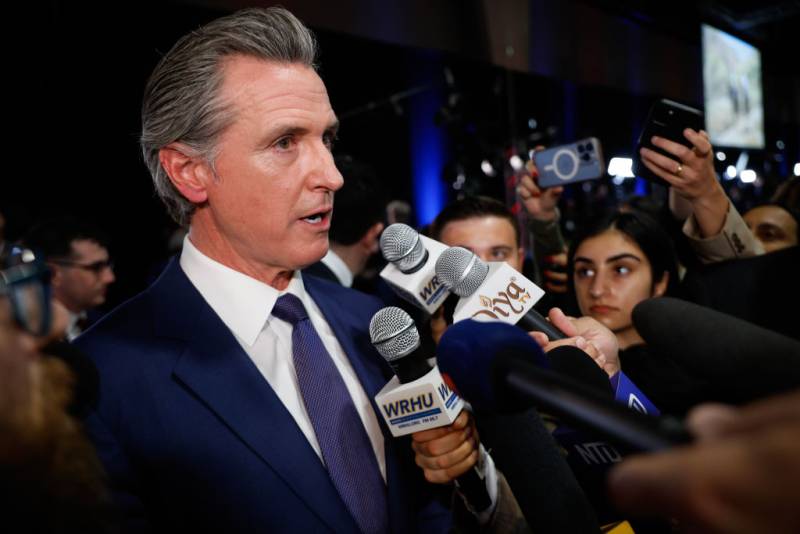Wiener eliminated text that would have allowed California’s attorney general to sue AI companies for negligent safety practices before a catastrophic event has occurred, along with plans to establish a division within the California Department of Technology that would have provided oversight and enforcement.
Compared to the original language of the bill, what landed on the governor’s desk was substantially weaker, according to Gary Marcus, a scientist, entrepreneur and author of Taming Silicon Valley, a book highly critical of generative AI. “The bill was watered down,” Marcus said, adding he feels its value was primarily symbolic, and that Newsom’s decision signaled to Silicon Valley that it can “cause enormous chaos, and probably nobody’s going to make them fix it.”
As with other measures before Newsom, the governor had a month to consider whether to sign SB 1047 or veto it, and during that time, his office was lobbied heavily by industry insiders on both sides, as well as local congressional representatives and Hollywood celebrities.
“I don’t have the technical capacity to perfectly predict how [SB 1047] would have affected the AI industry,” said Thad Kousser, a political science professor at UC San Diego. “Many people in Sacramento don’t have that ability. Maybe they just decided to err on the side of caution, thinking, ‘Wow, there’s so many industry voices saying this particular bill is dangerous and could have a chilling effect.’ Not really knowing 100%, maybe the safer step is just vetoing,” Kousser said.
Wiener said the governor’s office did not engage with his office as the bill made its way through the state Assembly and Senate. “I personally met with some of the most vocal opponents of the bill, with the Andreessen Horowitz firm, with several of the Stanford professors who were opposing the bill, with the large tech companies that were opposing the bill. I also met with individuals and businesses that had constructive criticism of the bill. And we made significant changes to the bill in response to those constructive critiques.”
Those changes were not enough for many critics, including Congresswoman Zoe Lofgren of San José, who wrote, “Any AI risk framework should be based on empirical data and fit for purpose. I also believe this is an issue that should be handled at the federal level. Congress and the Administration are both moving on AI governance. I look forward to working with the Governor as we move forward.”
Lofgren is the ranking member of the House Science, Space and Technology Committee, which has in recent weeks moved nine bills forward, but all face an uncertain future in the House of Representatives. Nothing addressing the scope and scale of SB 1047 has passed out of any committee. But Lina Khan of the Federal Trade Commission has said that federal regulators are keen to use existing laws (PDF) to go after bad behavior in Silicon Valley and elsewhere.
Unlike the European Union and Colorado, both of which passed comprehensive laws, California lawmakers have largely focused on discrete bills addressing specific issues with generative AI. Gov. Newsom signed 17 of these bills this year, as he noted in his veto message, and California is among a host of states taking steps to regulate generative AI.
Given the inertia in Washington, D.C., most political analysts see the state level as the only hope for aggressive regulation of technology.
In the race for the White House this year, both Kamala Harris and Donald Trump have sought the support of Silicon Valley’s most powerful players. Newsom’s presidential ambitions are presumably on hold for the foreseeable future, but given the national profile of SB 1047, some have wondered if he might be loath to make enemies among those profiting from the rise of generative artificial intelligence.
“I think, like any good politician who’s ascended to the heights Gavin Newsom has, you’ve got to be thinking about ‘How will I be judged today, tomorrow, in 5 or 10 years,” said Professor Kousser. “That forward thinking has guided his decisions on many bills throughout his governorship. He’s been on the right side of history in many of the strong policy stands he has taken, as mayor and as governor — and he’s hoping that he’ll be on the right side of history on this one.”

